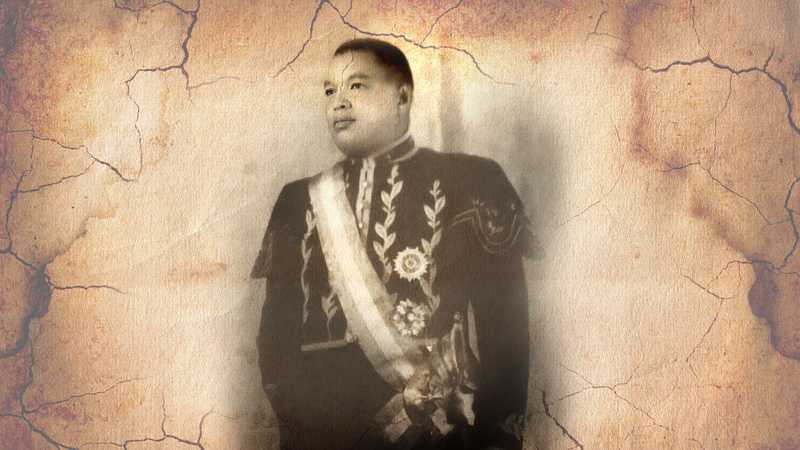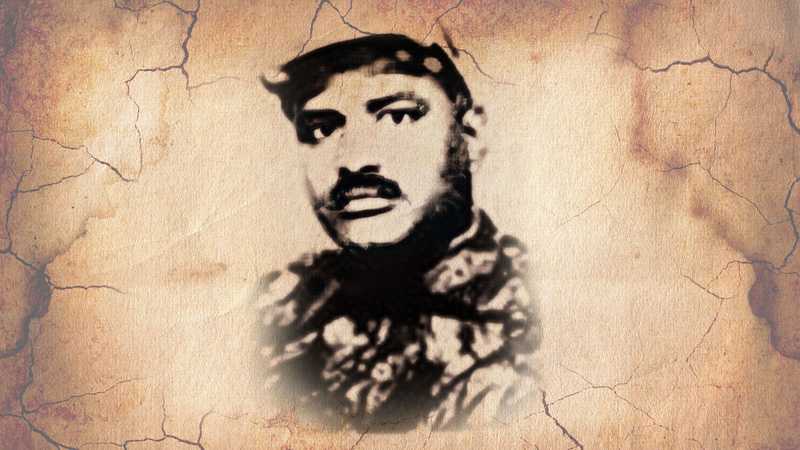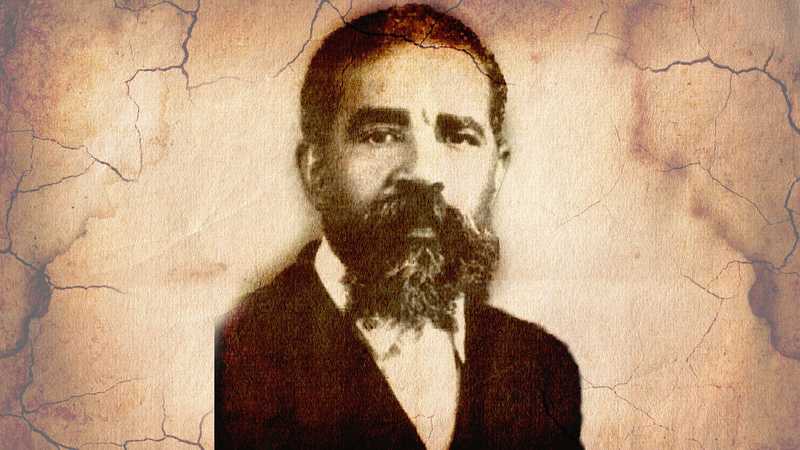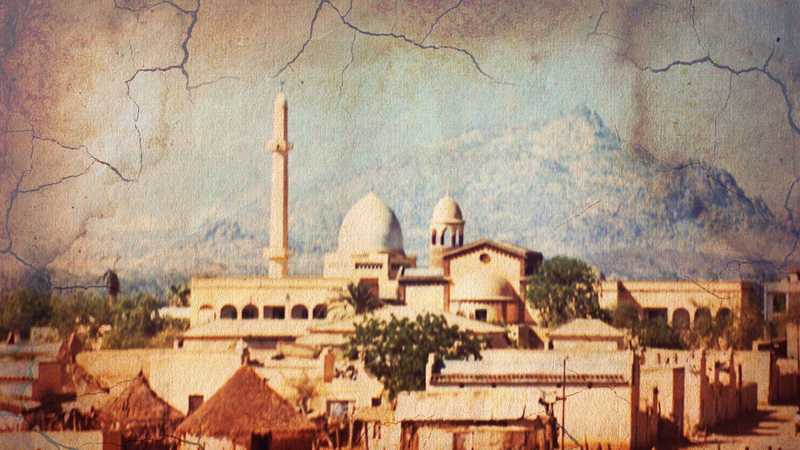Bomb Attack by ELF Fighters At Agordat
12 Jul, 1962
A bomb attack on high-level Ethiopian officials was carried out by ELF fighters in Agordat at a gathering to promote Ethiopia's forced annexation of Eritrea.
On July 12, 1962, a fateful event occurred in the Eritrean town of Agordat (Aqurdet) that would greatly intensify the conflict between Eritrean nationalist fighters and the Ethiopian government. On that day, a high-level Ethiopian delegation arrived in Agordat, including Enderassie (representative) of Emperor Haile Selassie, the Minister of Interior Lt. Gen. Abiy Abebe, and the governor of Eritrea Bitweded Asfaha Woldemichael. They came to make a public statement about the annexation of Eritrea with Ethiopia to an assembled crowd.
 Bitweded Asfaha Woldemichael, the governor of the province of Eritrea under Emperor Haile Selassie
Bitweded Asfaha Woldemichael, the governor of the province of Eritrea under Emperor Haile Selassie
According to Mohamed Hamid (Gndfil), a member of the operation, the bombing was planned by a team of Eritrean Liberation Front (ELF) fighters in response to the annexation announcement. The attackers decided that a team of seven fighters would attack the gathering from three directions using explosives and guns.
The Attack
At 12:30 pm, just as the Ethiopian officials finished their speeches to the crowd, the ELF fighters launched their attack.
When the bomb exploded in the middle of the crowd of officials, many fell while others fled and the meeting immediately dispersed.
 Said Hussein, the main planner of the bomb attack at Agordat
Said Hussein, the main planner of the bomb attack at Agordat
The Clerk of the Law and Justice and former governor of the province of Barka, Omar Hassan, as well as the spiritual leader of Barka - Sheikh Saleh Mustafa and a soldier, died immediately. Among the wounded were Dejazmach Hamid Ferej, Meleke Selam Dimetros, Assistant Enderassie Kumlachew Belete, former member of parliament Bashay Ibrahim Mohammed, and the editor-in-chief of the newspaper ‘Zemen’ Tewoldeberhan Gebremedhin (Zekewos). In the following days, five of the wounded, including Bashay Ibrahim, died, bringing the death toll to eight.”
 Melake Selam Dimetros Gebremariam, who was instrumental in the Eritrean Parliament in pushing the Ethiopian Government’s goal of annexing Eritrea
Melake Selam Dimetros Gebremariam, who was instrumental in the Eritrean Parliament in pushing the Ethiopian Government’s goal of annexing Eritrea
Aftermath of the Attack
The attack served as a great wake-up call to the Ethiopian government, prompting a harsh crackdown on Eritreans. Within weeks, 120 people were arrested on suspicion, with more arrests following.
This in turn became a catalyst for more intensified ELF operations against Ethiopian forces in the region, including laying mines, grenade attacks, and targeting officers.
Organization and Resistance by the People
More Eritreans began covertly supporting the resistance, passing information and smuggling weapons to the ELF. Support and operations expanded.
Intensified Ethiopian Repression
The bomb attack and the aftermath sparked a cycle of Ethiopian repression and civilian suffering. Troops conducted mass arrests and hangings, looted citizen’s properties, and made life extremely difficult for locals.
The situation worsened after the fall of Haile Selassie and under the brutal Derg regime. Huge numbers of troops were deployed to Agordat as the military crackdown expanded.
In many ways, the Agordat bombing represented a turning point in the Eritrean independence struggle. It dealt a shocking blow to Ethiopian officials, provoked an aggressive backlash, unified more Eritreans behind the ELF cause, and kicked off a volatile new phase of the conflict. The event was a catalyst that transformed the resistance into a mass movement.
Agordat would remain in the crosshairs of the Ethiopian government and it would be a scene of atrocities and three major massacres.

